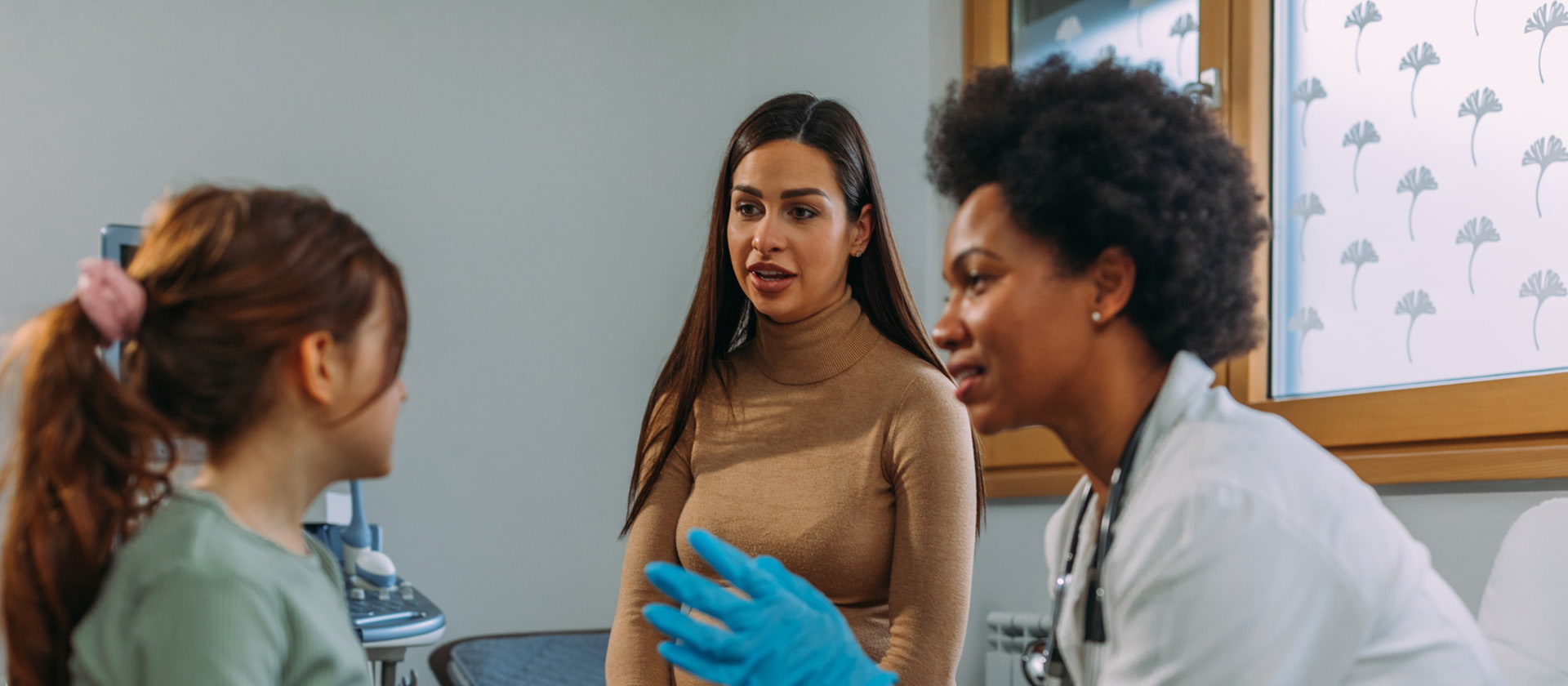Our knowledge is incomplete because most clinical trials are undertaken in consenting adults. This has created vast gaps in our understanding of how a certain drug or therapy might work in younger people compared to adults.
“Kids experience different effects from medicines than adults, both in terms of how well they may work, and possible adverse effects” says Dr Dan Hawcutt from the University of Liverpool. “Livers express different combinations of drug metabolising enzymes at different ages, so babies will handle drugs differently to children, and children differently to adults.”
In addition, children have different types of cancer, very little cardiovascular disease, but lots of infections. Even where diseases overlap, like asthma, the underlying causes in childhood can be markedly different to adults as children haven’t smoked or worked in polluted environments.
The largest study conducted to date
Hawcutt’s research covers pharmacokinetics, pharmacogenomics, and pharmacovigilance to better predict how young individuals and populations will react to drugs and the doses used.
One area of focus is whether variations in a person’s DNA can cause side effects to the inhaled corticosteroids taken by hundreds of millions. Adrenal suppression appears to particularly affect children, with potentially fatal consequences. In this condition the body cannot produce enough cortisol when it really needs it, such as during infections or following injury. But there’s no way to tell in advance who will be affected, and the current test is painful, invasive and hence unpopular.
So Hawcutt and colleagues undertook the largest study of adrenal suppression ever conducted, recruiting over 600 children. They identified, for the first time, variation in a gene associated with an increased chance of developing adrenal suppression in young people (and another respiratory condition, COPD, in older people).
This important new finding is being keenly explored by other international research groups in the PiCA (Pharmacogenomics in Childhood Asthma) international consortium. Through this collaboration, Hawcutt’s group’s data are now informing at least four other studies related to asthma drug effectiveness. In turn this contribution brings a more personalised element to asthma healthcare by informing drug choice, which could save lives and improve quality of life for millions.
A global impact
Hawcutt’s group are also working to standardise the questions and measurements used in clinical pharmacogenomics studies around the world, agreeing methods and priorities so data can be better shared between global pharmacogenomics studies and lead to better patient outcomes.
Similar standardisation work is ongoing related to asthma severity scores, of which there are around 20 different metrics – far too many for easy comparisons. This work is part of the Global Digital Exemplar initiative, examining which scores work best and how e-systems affect children’s health, particularly for emergency ICU hospital admissions for asthma, which occur around every six minutes in the UK.
Liverpool is a fantastic place to do this research
Hawcutt, who was awarded a Young Investigator of the Year prize by the American Academy of Pediatrics in 2007, says that the University of Liverpool conducts fantastic paediatric research through Liverpool’s Department of Women's and Children’s Health. The Department of Women's and Children's Health as well as the Wolfson Centre for Personalised Medicine are part of the biggest Pharmacology department in the UK.
Paediatric researchers also work with nearby Alder Hey, one of the largest children's hospitals in Europe. “Working out the best choice and optimal dose of medicines for children is a way to help a lot of people lead a healthier life,” says Hawcutt. “But we also need to make sure that personalised medicine does not lead to health inequalities. We want to benefit the maximum amount of people, not just make the wealthiest healthiest.”
Watch Dan talk about the benefits of creating paediatric cohorts in studies which have been originally designed for adults.
Working out the best choice and optimal dose of medicines for children is a way to help a lot of people lead a healthier life, but we also need to make sure that personalised medicine does not lead to health inequalities. We want to benefit the maximum amount of people, not just make the wealthiest healthiest.
Dr Dan Hawcutt, Senior Lecturer Paediatric Clinical Pharmacology
Back to: Research
